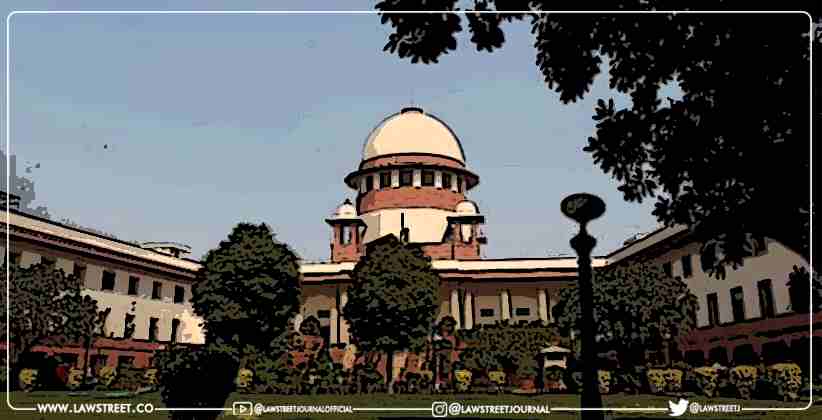Sr Adv Mahesh Jethmalani presents a rejoinder in the case of suspension of Ashish Shelar and 11 other BJP MLAs from the Maharashtra Legislative Assembly.
Sr Adv Mahesh Jethmalani: The power of the house to suspend is not under question. Mr Sundaram's argument is the period of suspension can be determined at the will and pleasure of the House. He seeks to buttress this proposition by Raja Rampal.
Jethmalani: The proposition of laws by the majority in para 431, only ground is ground of judicial review and nothing else and he gives no reason why the same should be ignored.
This was the sum of arguments of State of Maharashtra
Jethmalani: Let's take Mr Sundaram's sole ground- S. Suspension is both illegal and unconstitutional. Under A105(3) which deals with central legislature and A190(4) deals with state legislature. Those powers are not denied by any judgement. All houses in India will enjoy the same
Jethmalani: powers and privileges as enjoyed by the House of Commons in 1950.
We have to go to the roots to see whether HoC in 1950 enjoyed that privilege of imposing a period of suspension of 1 year.
The burden when such a privilege exists, please see para 47 from Sharma's case
Jethmalani: The main question to be decided is existence and extent of the privilege. The burden is on them to establish HoC enjoyed such privilege.
Throughout his argument, my ld friend made an attempt to tell us about the source of the power. Where is the source? The burden is
Jethmalani: on him but I will discharge that burden.
Your lordships referred to the case of Balton. A judgement of 1886. It's a Privy Council judgment. I'll read from pg 2.
SC: It has to be confined upto the session.
Jethmalani: My lordship is right. All books I've perused has the same provision for every House. It's a sound practice. The suspension period is graded.
SC: Your submission is there are two options either expel but if you're
SC: suspending, it has to be with the intention to discipline. Balton is confirmed by the Constitution bench.
Jethmalani: reads Balton
Jethmalani: On the prorogation, all bills lapse. So all disciplinary actions also lapse
SC: That aspect has been dealt with another constitution bench in 1991. It is the Judges Case.
Jethmalani: Ah, yes. In a recent Rajya Sabha case, 12 members suspended in the winter session
Jethmalani: were given an opportunity to apologise. Their lordships are only considering those powers which are necessary from discipline.
In this case, it was a first time offence.
To argue expulsion is greater and suspension is less, and the greater must include all parts of
Jethmalani: the less, is fallacious. Prolonged suspension is worse than expulsion as your lordships pointed out. The rights of the constituents is affected. Re-election has to happen in 6 months. In some countries it is less than 6 months.
SC: The theme of the judgement is anything beyond the sitting would be more.
Jethmalani: I'll leave it at that.
SC: That's the theme. Anything beyond the session is excessive. This is stated in Rule 53.
Jethmalani: On suspension we have scanned every law book possible, this is
Jethmalani: the only judgement, the Australian case from Privy Council, that deals with suspension and its duration.
SC: You have power. No one can question why you expelled.
We don't need to go there.
Jethmalani: 1950 edition, at page 92 of our compilation, this is a chapter
Jethmalani: on penal provisions. Just see the paragraph under 'Punishment inflicted on members'. I'm also citing committal that it only lasts till session.
Jethmalani: Suspension was a power used by the HoC, as your lordship said, for enforcing discipline. Then they give certain instances of suspension in the House.
Please move to pg 95
SC: First you give notice. Then you suspend for the day, then session and then expulsion







